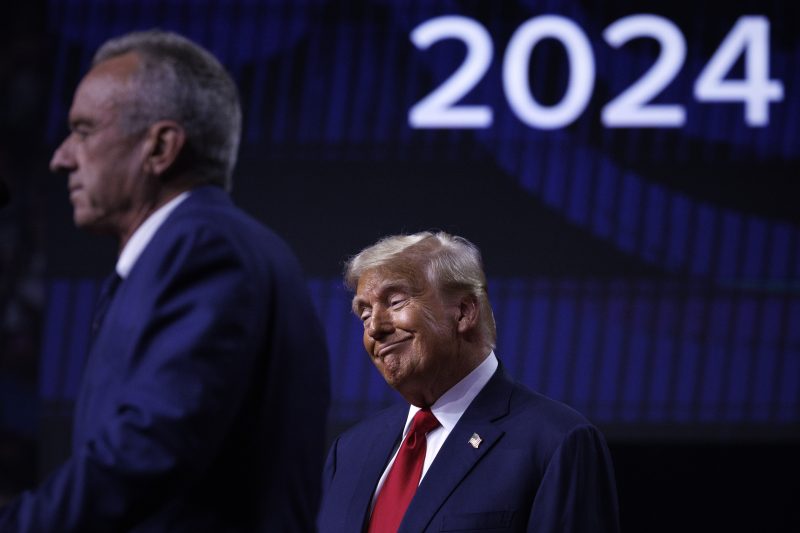The Fact vs. Fiction of Elections
Verifying information during election season is crucial as misinformation can lead to confusion and mistrust among voters. In the fast-paced world of social media and digital platforms, distinguishing fact from fiction can be challenging. Let’s delve into the common misconceptions about elections and separate them from the truth.
1. Fiction: Votes don’t really matter.
Fact: Every vote counts in an election, no matter how small. Elections are decided based on the cumulative effect of each individual’s vote. Participating in the electoral process is essential for a functioning democracy.
2. Fiction: Election results are always accurate.
Fact: While election officials work diligently to ensure accurate results, errors can occur. Voter fraud, technical glitches, or miscounted ballots are all factors that can affect the outcome of an election. It is crucial to have transparency and accountability in the electoral process to maintain the integrity of the results.
3. Fiction: Foreign countries cannot influence elections.
Fact: Foreign interference in elections has been a growing concern in recent years. Countries may attempt to sway public opinion through disinformation campaigns, hacking, or other covert methods. Safeguarding against foreign influence is vital to preserving the authenticity of the electoral process.
4. Fiction: All candidates are equally qualified.
Fact: Not all candidates possess the same level of experience or expertise. Voters must carefully evaluate the qualifications, policies, and track record of each candidate before making an informed decision. It is essential to look beyond political rhetoric and assess a candidate’s capability to lead effectively.
5. Fiction: Voting is the only way to participate in democracy.
Fact: While voting is a fundamental aspect of democracy, there are many other ways to engage in civic life. Volunteering for political campaigns, advocating for policy changes, and staying informed about current events are all valuable contributions to the democratic process. Active citizenship extends beyond the act of voting.
In conclusion, staying informed and discerning fact from fiction is crucial during election season. By being critical consumers of information and actively participating in the electoral process, we can uphold the integrity of democracy and make informed decisions as voters. Let’s strive to be vigilant, responsible citizens who seek the truth and promote a fair and transparent electoral system.
